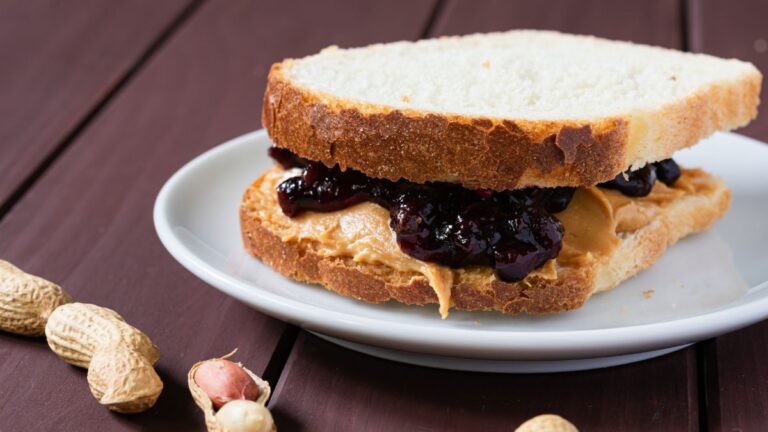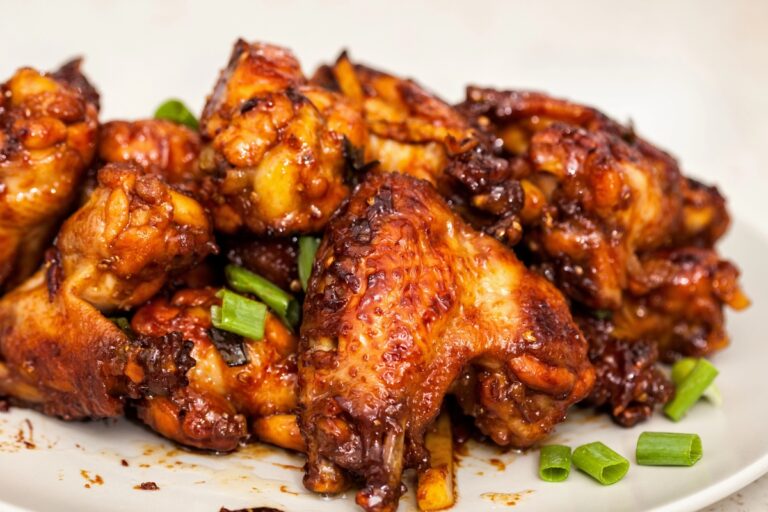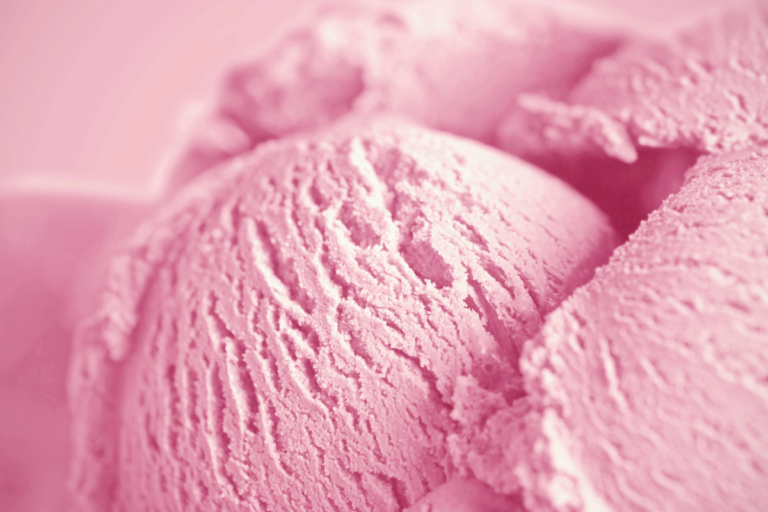15 Popular American Foods Banned Abroad
American cuisine is known for its diversity and indulgence, with many iconic foods enjoyed nationwide. However, some popular foods contain ingredients or additives that have raised health concerns in other countries, leading to their ban.
These bans highlight the differences in food safety standards and regulations worldwide. Below are 15 popular American foods banned abroad, detailing the reasons behind these prohibitions and the potential health risks associated with their consumption.
Mountain Dew
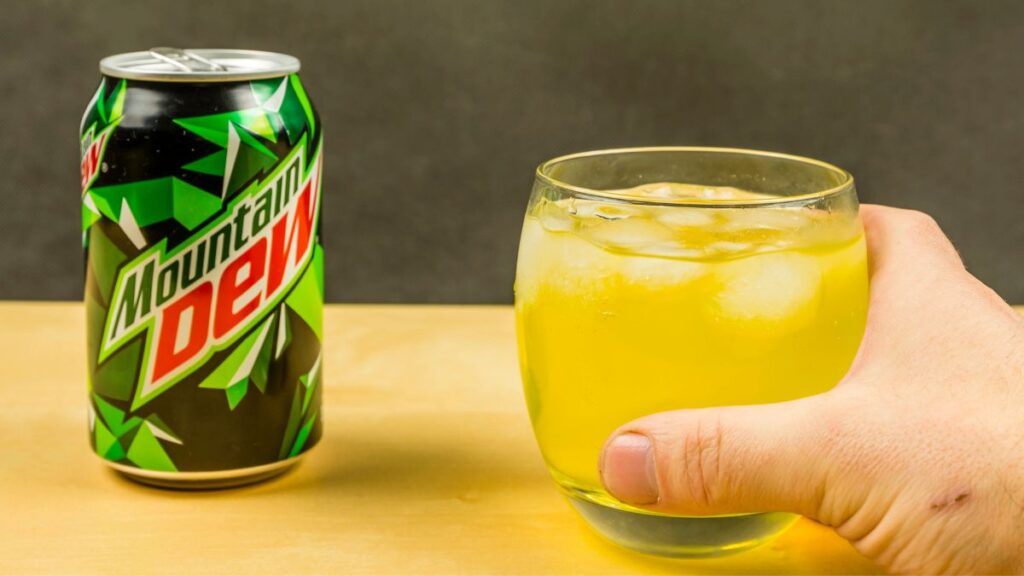
Mountain Dew contains brominated vegetable oil (BVO), an additive used to prevent the separation of ingredients. BVO contains bromine, which can build up in fatty tissues and potentially lead to health issues such as thyroid problems, memory loss, and nerve disorders.
Due to these health concerns, this additive is banned in Europe and Japan. The high caffeine and sugar content in Mountain Dew also contributes to its controversial reputation.
Ritz Crackers

Ritz Crackers contain partially hydrogenated cottonseed oil, a source of trans fats. Trans fats are linked to an increased risk of heart disease, stroke, and diabetes.
Due to these health risks, trans fats are banned in several countries, including Denmark, Switzerland, and Canada. Ritz Crackers, which contain partially hydrogenated oils, have also been banned in these regions.
Farm-Raised Salmon
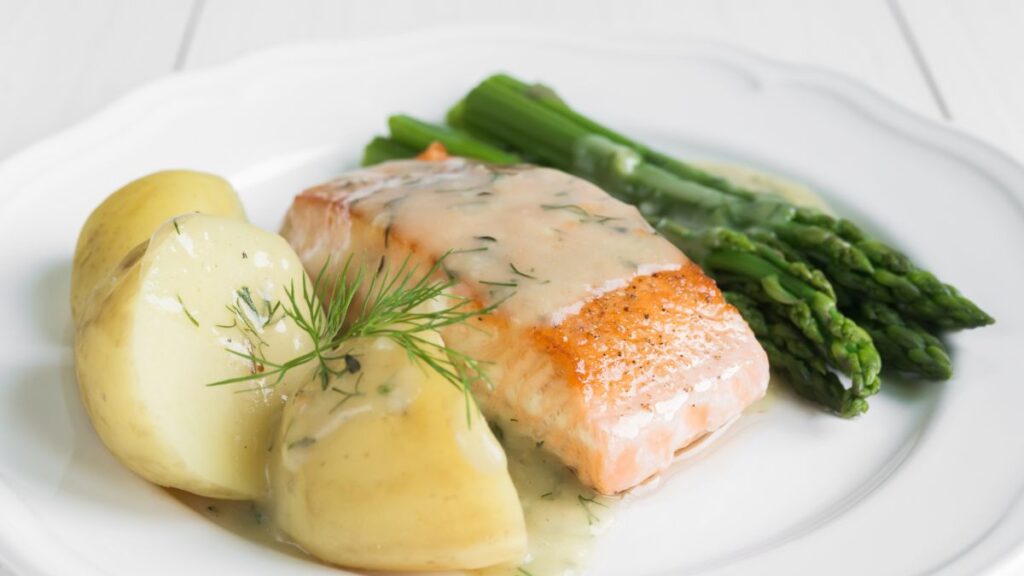
Farm-raised salmon in the U.S. is often fed synthetic astaxanthin to give it a pink color. This additive is banned in Australia and New Zealand due to concerns about its synthetic origins and potential health effects.
Farm-raised salmon may contain higher levels of contaminants such as polychlorinated biphenyls (PCBs), which are linked to cancer and other health issues.
Little Debbie Swiss Rolls
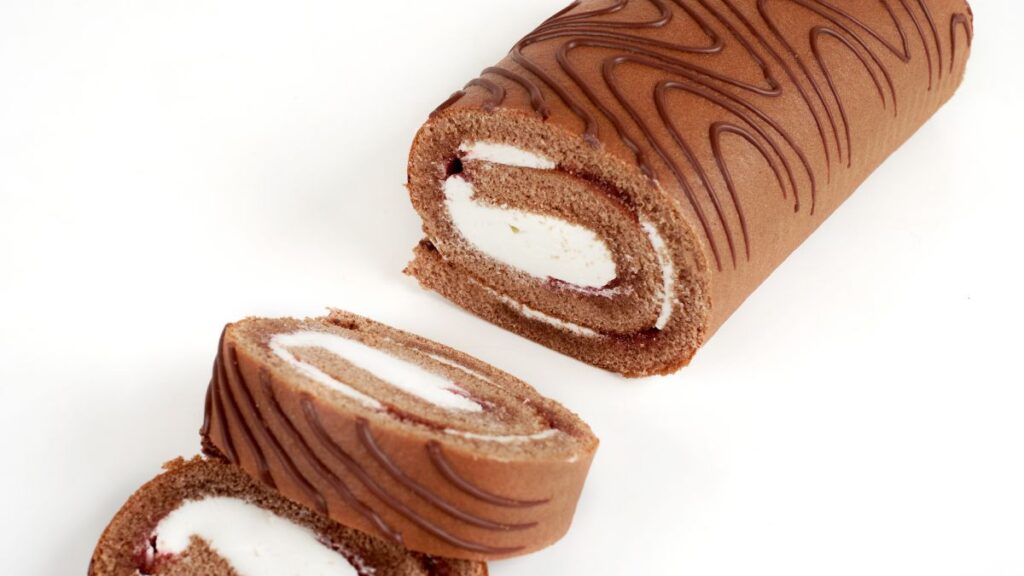
Little Debbie Swiss Rolls contain Yellow 5 and Red 40, artificial food colorings linked to hyperactivity and behavioral issues in children. These dyes are banned in Norway and Austria and are restricted in the European Union. The high sugar and trans fat content in these snack cakes also contribute to their unhealthy profile.
Pop-Tarts
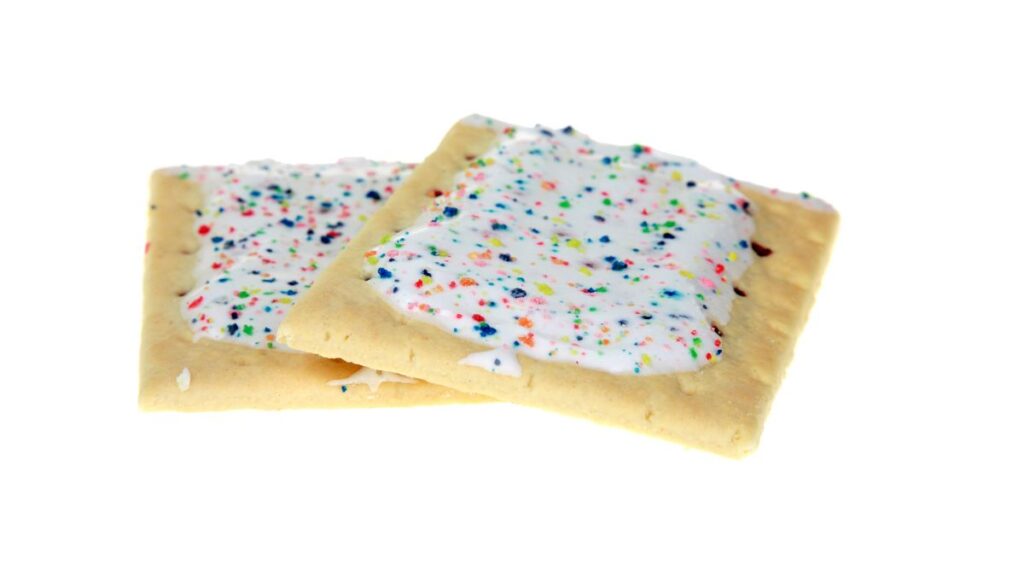
Pop-Tarts are made with artificial colors, such as Yellow 5, Yellow 6, and Red 40, banned in several countries due to their potential health risks. These synthetic dyes are linked to hyperactivity in children and may contain carcinogenic contaminants. The high sugar content and partially hydrogenated oils in Pop-Tarts also raise health concerns.
Kraft Macaroni & Cheese
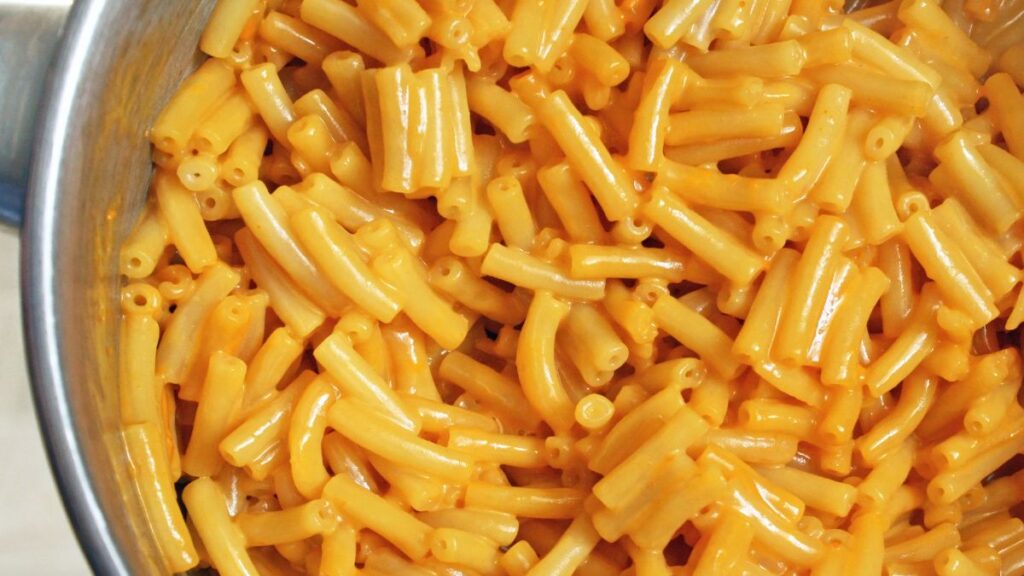
Kraft Macaroni & Cheese contains Yellow 5 and Yellow 6, artificial dyes banned in Norway and Austria. These dyes have been linked to hyperactivity in children and potential carcinogenic effects. The product also contains high sodium and processed cheese levels, contributing to its unhealthy profile.
Frosted Flakes
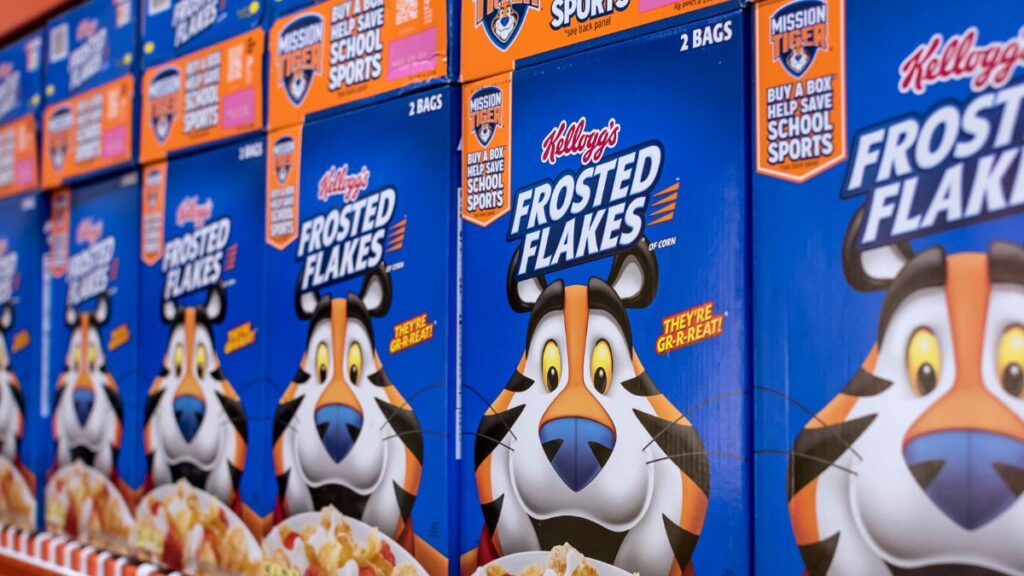
Frosted Flakes contain BHT (butylated hydroxytoluene), a preservative banned in the United Kingdom, Japan, and parts of the European Union. In animal studies, BHT has been linked to cancer and developmental issues. The high sugar content in Frosted Flakes also raises concerns about obesity and dental problems.
Skittles
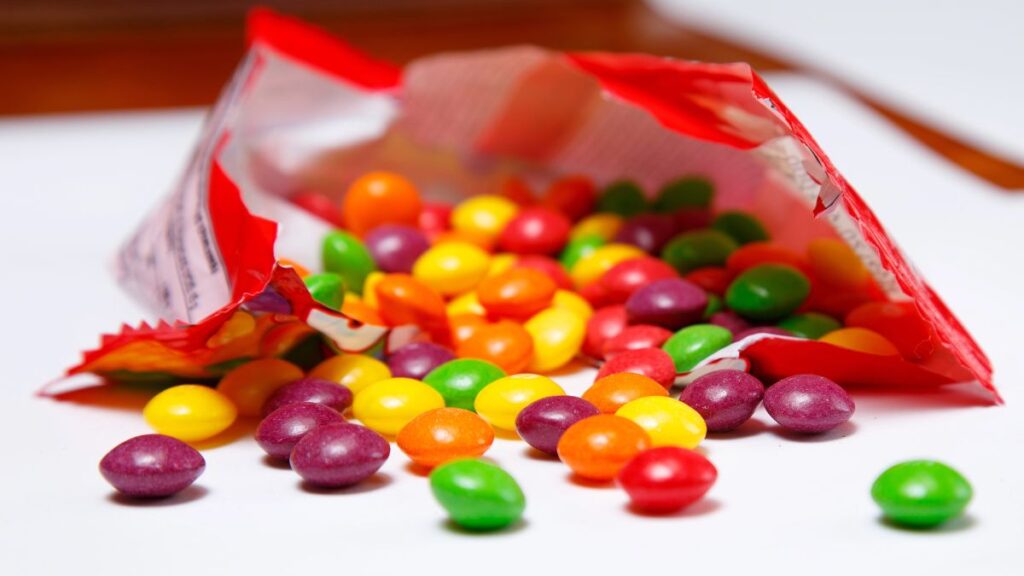
Skittles contain artificial colors such as Yellow 5, Yellow 6, and Red 40, which are banned in several countries due to potential health risks. These dyes are linked to hyperactivity in children and may contain carcinogenic contaminants. The candy is also high in sugar, contributing to obesity and dental issues.
Coffee-Mate
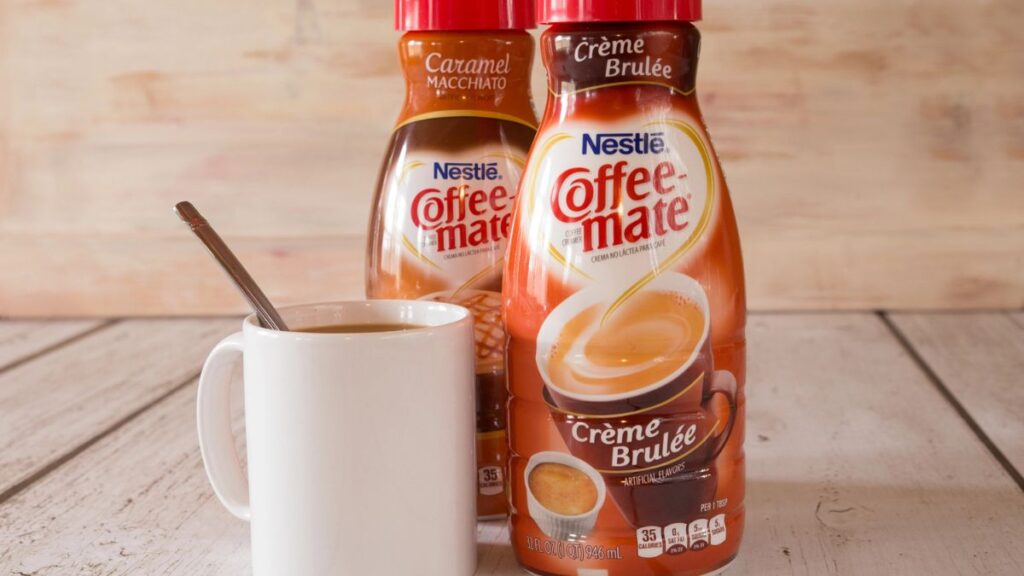
Coffee-Mate contains partially hydrogenated oils, a source of trans fats banned in several countries due to their link to heart disease, stroke, and diabetes. The creamer also contains artificial flavors and additives that raise health concerns. Healthier alternatives include natural creamers and plant-based options.
U.S. Beef
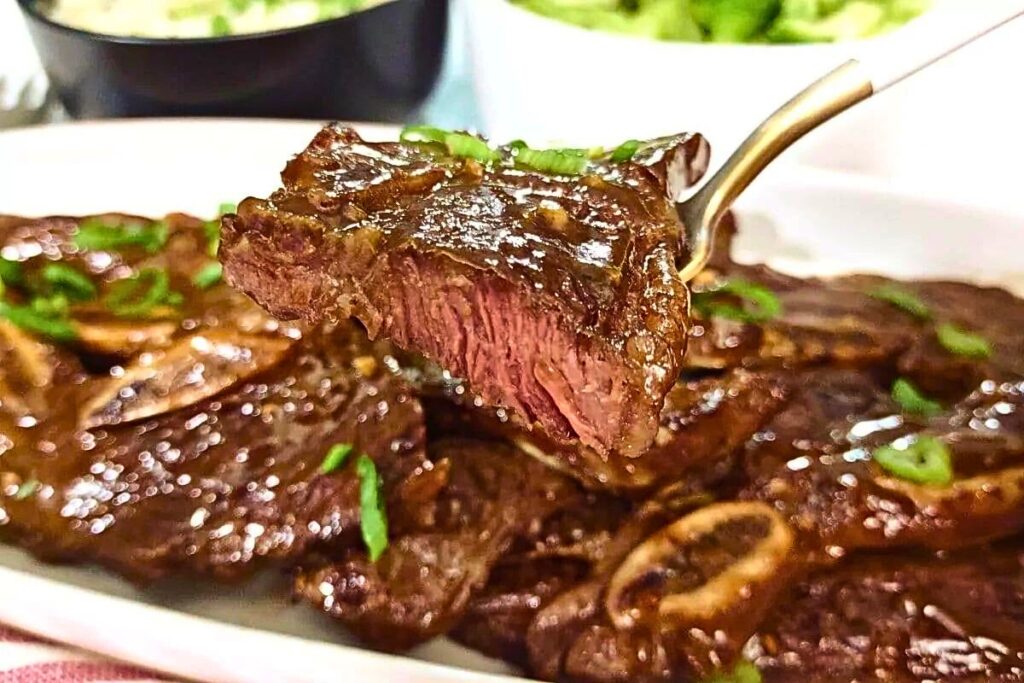
U.S. beef is often treated with growth hormones such as ractopamine, which is banned in the European Union, China, and Russia due to concerns about its effects on human health. These hormones are linked to cancer and other health issues. The use of antibiotics in U.S. beef production also raises concerns about antibiotic resistance.
Chlorine-Washed Chicken

Chicken in the U.S. is often washed with chlorine to kill bacteria, a practice banned in the European Union due to concerns about chemical residues and the potential impact on human health. The use of chlorine washes also raises questions about food safety standards and animal welfare practices.
Pork with Ractopamine
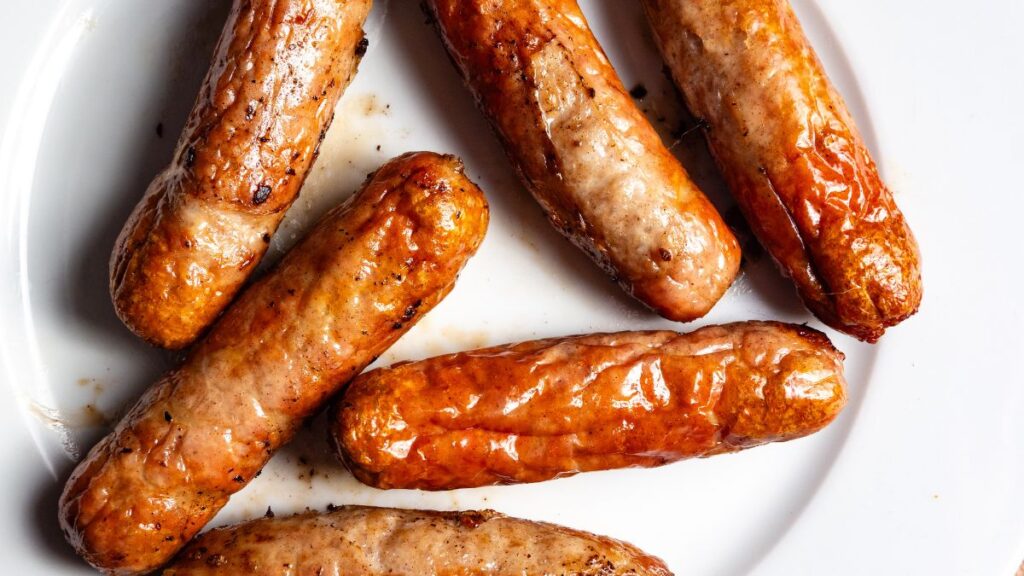
Ractopamine is a feed additive used to promote leanness in pork, but it is banned in the European Union, China, and Russia due to concerns about its effects on human health. Ractopamine is linked to cardiovascular issues and other health problems. The use of this additive in U.S. pork production has led to bans in these regions.
Maraschino Cherries
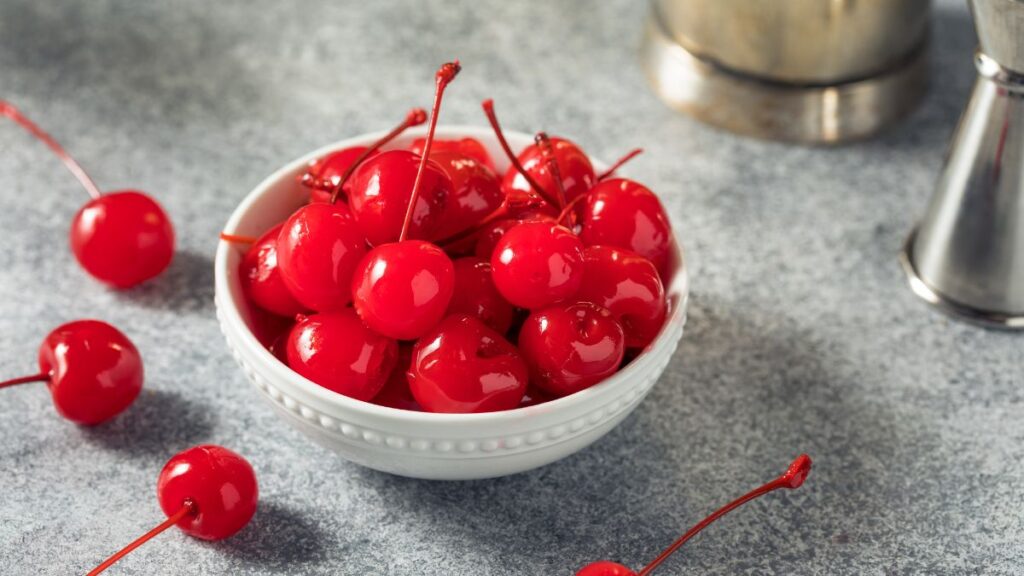
Maraschino cherries are often colored with Red 40, an artificial dye banned in Norway and Austria due to its potential health risks. This dye is linked to hyperactivity in children and may contain carcinogenic contaminants. The high sugar content and use of preservatives in maraschino cherries also raise health concerns.
Gatorade

Gatorade contains brominated vegetable oil (BVO), an additive banned in Europe and Japan due to its potential health risks. BVO contains bromine, which can build up in fatty tissues and potentially lead to thyroid problems, memory loss, and nerve disorders. The high sugar content in Gatorade also contributes to its controversial reputation.
Betty Crocker Cake Mixes

Betty Crocker cake mixes contain partially hydrogenated oils, a source of trans fats banned in several countries due to their link to heart disease, stroke, and diabetes. The mixes also contain artificial colors and preservatives that raise health concerns. Choosing natural and homemade cake recipes can be a healthier alternative.
20 Foods No One Can Afford Anymore Due To Inflation

With the ever-rising living costs, some foods have become luxury items that only the wealthiest can afford. From exotic delicacies to once-affordable staples, the price hikes have made certain foods out of reach for the average consumer.
20 Foods No One Can Afford Anymore Due To Inflation
15 Foods Only The Wealthy and Elite Can Eat Now

Culinary trends are constantly evolving, and some foods have become more than just sustenance—they’ve become status symbols reserved for the elite.


